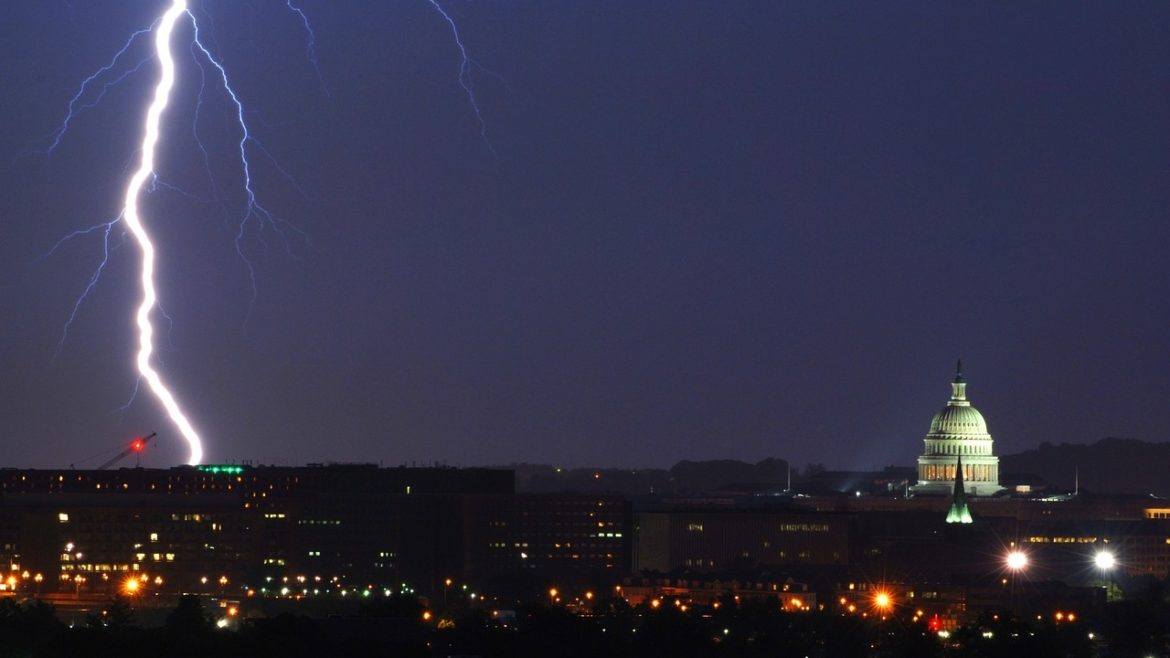Gold has all the potential to go unprecedentedly high. But silver will be gold on
Site:
Precious metals news
The Gini index, a measure of income inequality, shows the wealth gap between rich and poor in the U.S. is now near the highest since records began in the late 1960s.
Current markets continue to be underscored by inflation fears as well as labor market recoveries across most states as people return to work. However, according to Jay Hatfield, founder, CEO, and portfolio manager at InfraCap, the risk of stagflation in 2022 is the most pressing issue facing markets right now.
John Catsimatidis, the billionaire owner and CEO of New York City supermarket chain Gristedes, argues the poor and middle class is getting 'hurt' by inflation, noting that increased oil prices leads to higher transportation and food costs.
There is currently no indication of a recession. Nevertheless, the Fed continues to purchase $120 billion a month in bonds keeping the “psychological Fed put” in place. The Fed is also keeping the overnight lending rate at zero, and the yield curve is nowhere close to inverting just yet.
 42 Million Americans Receive Food Assistance Through the Supplemental Nutrition Assistance Program
42 Million Americans Receive Food Assistance Through the Supplemental Nutrition Assistance ProgramAug 17, 2021 - 10:44:42 PDT
Starting in October, food stamp recipients will get a larger monthly allowance.
Jerome Powell hosts a town hall meeting this afternoon that will see the Fed Chair respond to questions from educators and students in a virtual forum.
Aug 17, 2021 - 09:02:40 PDT
The 2008 financial crisis was child's play compared to today's financial environment. This is the warning cry from two of the most recognizable faces in the commodities sector: Pamela and Mary Anne Aden, founders of the Aden Forecast.
Many things once done as a matter of right are now privileges to be dispensed or withheld by those in power.
More than 7 million Americans are set to lose their unemployment aid immediately after Labor Day, even as the delta variant poses new challenges to the economic recovery.
Global supply chain logjams and global credit/financial crises aren't bugs, they're intrinsic features of Neoliberalism's fully financialized global economy.
About 1 in 3 households in the bottom fifth have a savings account at a bank or credit union, according to a report. The typical account has about $1,000.
Aug 17, 2021 - 07:57:00 PDT
A burning question in these crazy times.
In the stock market, rising leverage fuels buying pressure; declining leverage fuels selling pressure.
The year-over-year pace accelerated from 6.6% in May, which was the biggest percentage gain since at least 2005, according to CoreLogic Inc., which tracks changes nationally. The most expensive homes saw the biggest jump in rents, at 9.6%.
 Homebuilder Sentiment Falls to Lowest Level in a Year As Buyers Face Sticker Shock
Homebuilder Sentiment Falls to Lowest Level in a Year As Buyers Face Sticker ShockAug 17, 2021 - 07:14:00 PDT
Homebuilder sentiment falls to the lowest level in a year, due to rising construction costs pushing home prices higher.
After a briefly shrinking for two months thanks to IRS tax collections, the US government budget deficit ballooned again in July, hitting the third-highest number of fiscal 2021.The July budget shortfall was $302.05 billion last month. The only months with bigger deficits in fiscal 2021 were February ($310 billion) and March ($600 billion).
Gold extended its winning streak to a fifth session on Tuesday, supported by a drop in U.S. bond yields and worries that a spike in the COVID-19 Delta variant cases could hinder a recovery in the global economy.
 Retail Sales for the Month Fell 1.1%, Worse Than the Dow Jones Estimate of a 0.3% Decline.
Retail Sales for the Month Fell 1.1%, Worse Than the Dow Jones Estimate of a 0.3% Decline.Aug 17, 2021 - 05:36:59 PDT
Shoppers in the U.S. cut back their purchases in July even more than expected as worries over the delta variant of Covid-19 dampened activity and government stimulus dried up.
 Safe-Haven Currencies Supported on Signs on Weakening Economic Sentiment
Safe-Haven Currencies Supported on Signs on Weakening Economic SentimentAug 17, 2021 - 05:33:02 PDT
Safe-haven currencies such as the yen held firm against riskier currencies on Tuesday as disappointing economic data from China, the spreading Delta variant of the coronavirus and political tension in Afghanistan weighed on risk appetite.
Hedge funds dominated Treasury buying flows in June as the global reflation trade ran out of steam.Investors domiciled in the Cayman Islands, a territory used as a base for leveraged investors and hedge funds, snapped up $27 billion of U.S. debt that month, according to Treasury Department data published Monday. That was the largest net purchase...



























